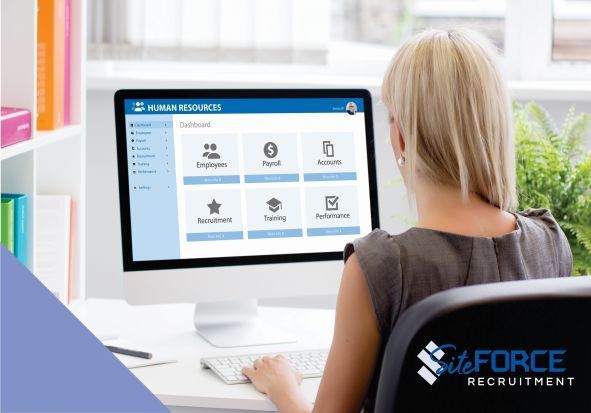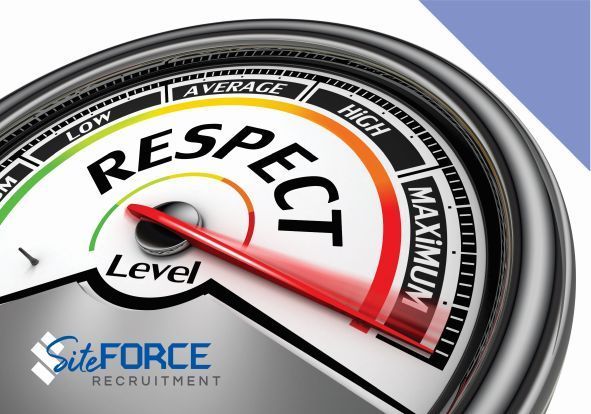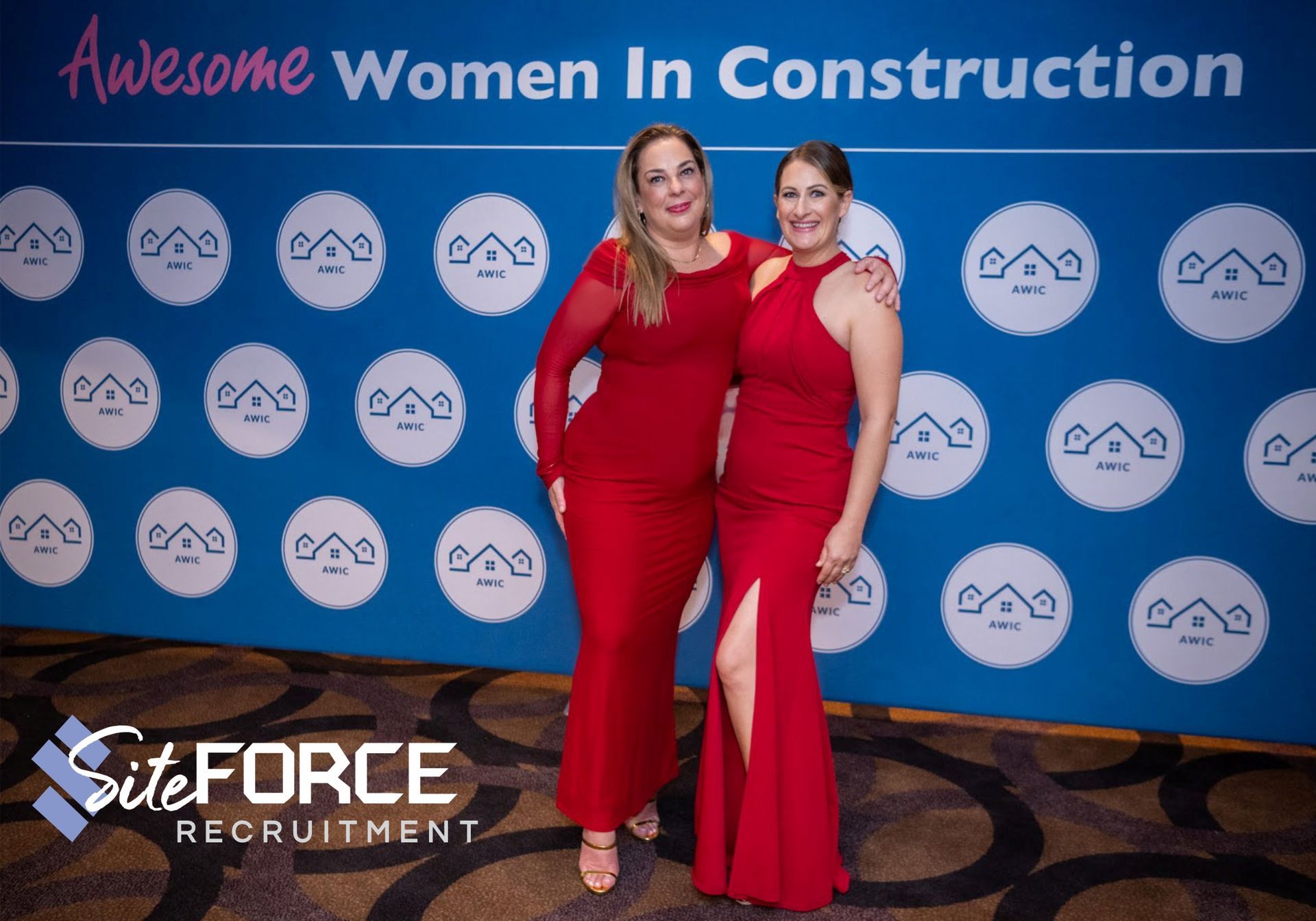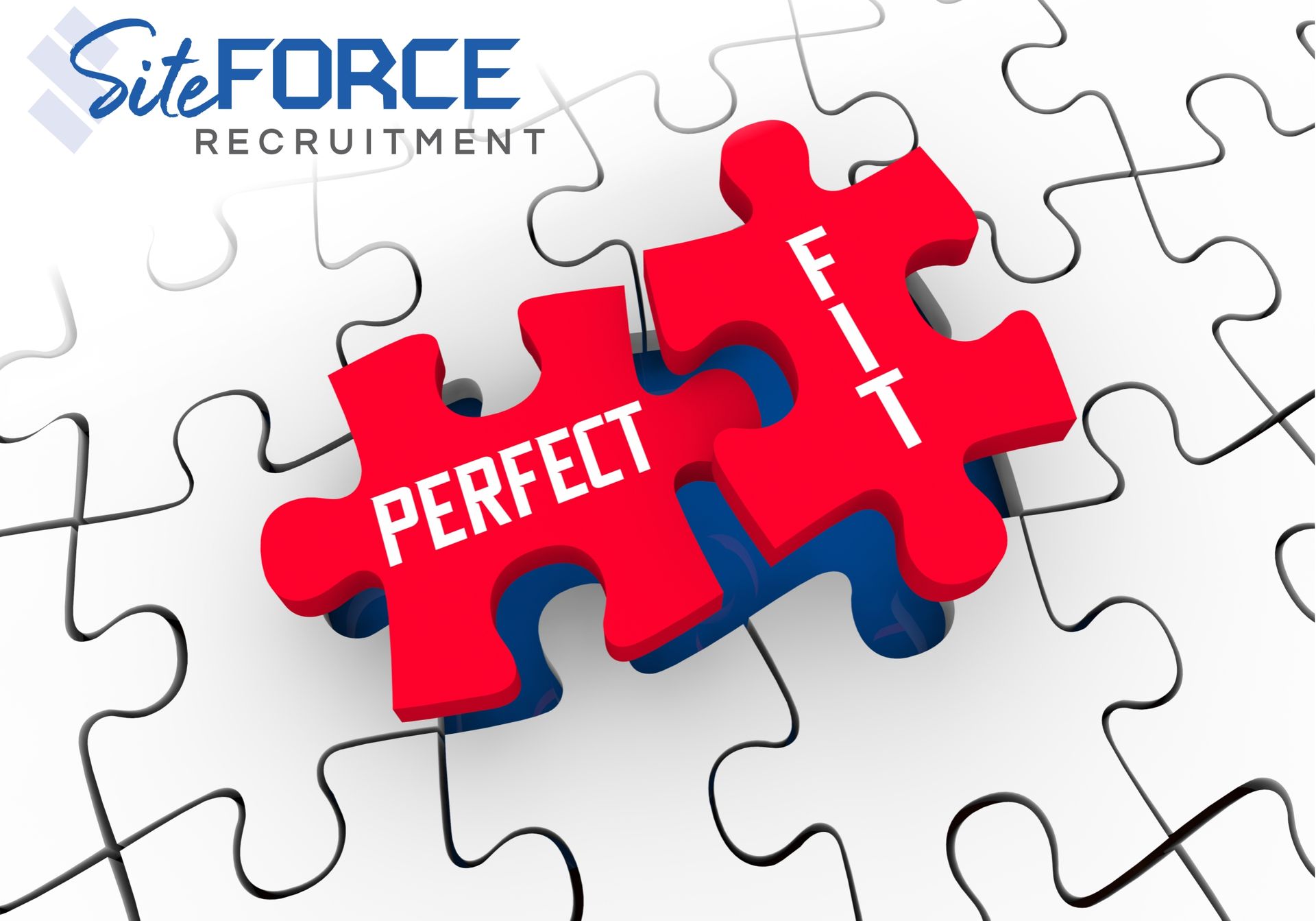Two Job Offers – Which Company to Choose?
Navigating Choices Between Small and Big Builders

The construction industry offers a diverse array of opportunities, from groundbreaking projects that reshape skylines to residential home builders creating dreams for their owners.
As you consider your career path within this dynamic field, a pivotal decision arises whether to work for a small builder or a large corporation. Each option presents its own set of advantages and disadvantages, and understanding these can empower you to make informed choices aligned with your goals and values.
We’ve set out some pointers for the pro’s and con’s for each for you to ponder that may be helpful:-
Working for a Small Builder
Pros:
1. Hands-On Learning: Small businesses often offer a more immersive experience, allowing employees to engage in various aspects of projects. This hands-on involvement can lead to a deeper understanding of the construction process.
2. Diverse Roles: In a smaller setting, employees often wear multiple hats, tackling tasks beyond their primary roles. This diversification of responsibilities can foster a well-rounded skill set, that will be highly valued as you progress throughout your career.
3. Direct Impact: Small teams enable individuals to witness their contributions directly impacting projects. This sense of ownership and accomplishment can be motivating and fulfilling.
4. Cohesive Team: Smaller businesses tend to have tight-knit teams, creating an environment where collaboration and communication are more natural and fluid.
5. Entrepreneurial Spirit: Small businesses often encourage innovative thinking and offer opportunities for employees to contribute ideas that can directly influence the company's growth.
Cons:
1. Limited Resources: Smaller builders might have limited budgets, technology, and resources, which could affect the scope and scale of projects they undertake.
2. Limited Growth Opportunities: Advancement might be constrained due to the organisation's size and fewer hierarchical levels.
3. Instability: Smaller businesses can be more susceptible to economic fluctuations, potentially leading to job uncertainty during challenging times.
4. Supply chain delays and increasing material costs can put more pressure on a limited budget, meaning the economic stability of the business may be compromised and worth asking about.
Working for a Big Corporation:
Pros:
1. Resources and Support: Larger corporations often have more extensive resources, advanced technology, and established processes that can enhance project efficiency and quality.
2. Specialisation: Larger companies often offer specialised roles, allowing employees to focus on a specific area of construction that aligns with their expertise and interests.
3. Training and Development: Big corporations often invest heavily in training programs, enabling employees to grow and advance within the organisation.
4. Global Reach: Working for a large corporation can provide exposure to projects on a national or even international scale, expanding an individual's professional network.
5. Stability: Bigger corporations generally have more financial stability and might be better equipped to weather economic downturns.
Cons:
1. Bureaucracy: Larger organisations can sometimes have more bureaucratic structures, potentially slowing decision-making processes and hindering innovation.
2. Less Direct Impact: Due to the size of teams and projects, individual contributions might feel less immediately visible in larger corporations.
3. Specialisation Constraints: Specialised roles can lead to a narrower skill set, limiting exposure to different aspects of construction.
4. Competitive Environment: The larger the corporation, the more competitive the work environment can become, potentially increasing stress levels.
5. Work-Life Balance: The demand for efficiency and productivity in larger corporations might occasionally lead to challenges in maintaining a healthy work-life balance.
In the end, the choice between working for a small builder or a big corporation in the construction industry hinges on individual preferences, career goals, and values. While small builders offer a personalised and immersive experience with direct impacts, larger corporations provide resources, specialised roles, and opportunities for growth.
There is no one-answer fits all. Different stages of a career, different demands on your financial circumstances and differing ages all mean that what is important to one person is not valued by another. It's important for you to do your own research on the companies and formulate the right questions to ask, then weigh this all against your aspirations, allowing you to make a decision that aligns with you and what will fit you best.
Our Superpower
Our leading 'superpower' is attracting and retaining quality team members who share our values of honesty, integrity, diligence, and service, allowing us to deploy quality team members on client sites quickly.
Our team member's superpower is being motivated, prepared and ready to enthusiastically contribute to the projects at hand, more than just a pair of hands.
Related articles:
Read other informative articles for both employers and workers at: https://www.siteforcerecruitment.com.au/blogs
Chantal Penny is the Director with Superpowers of SiteForce Recruitment. A thought leader in the industry, Chantal, based on her expertise and industry perspective, offers unique guidance, inspiration, and influence in the industry.
At SiteForce Recruitment, we specialise in labour-hire and permanent recruitment in the construction industry. We are committed to valuing people, safety and well-being, collaboration, trust and, of course – results!
CONNECT with us via our contact page or bookings links on our website if you are looking to recruit for, get your dream job, or join our amazing labour force team.
#siteforcerecruitment #recruitment #labourhire #brisbanejobs #jobsinconstruction











